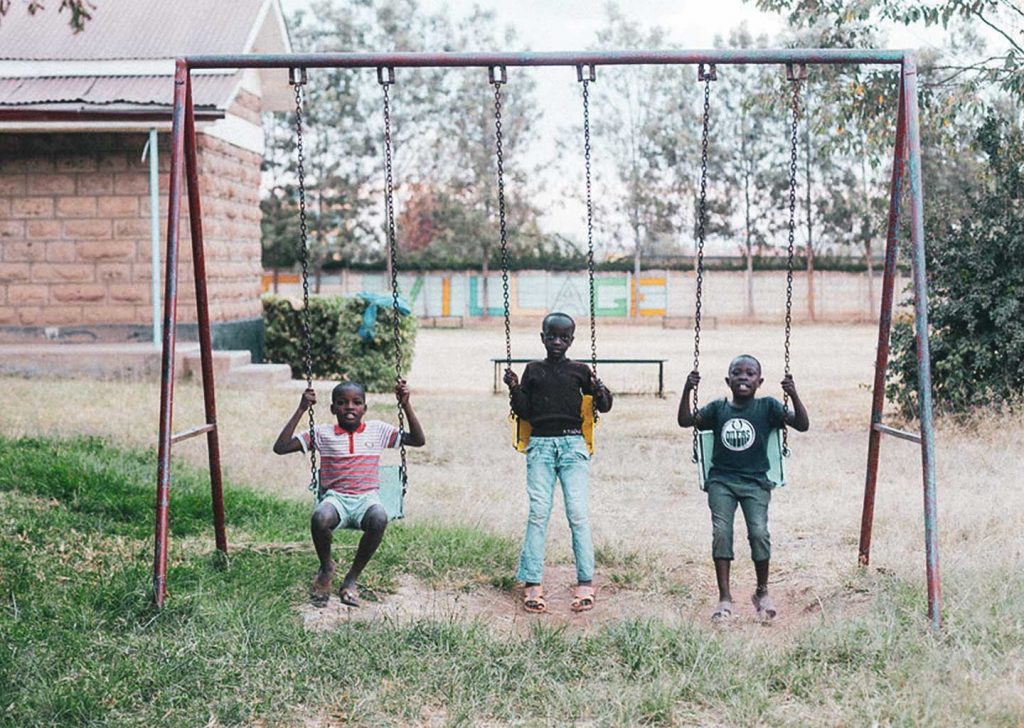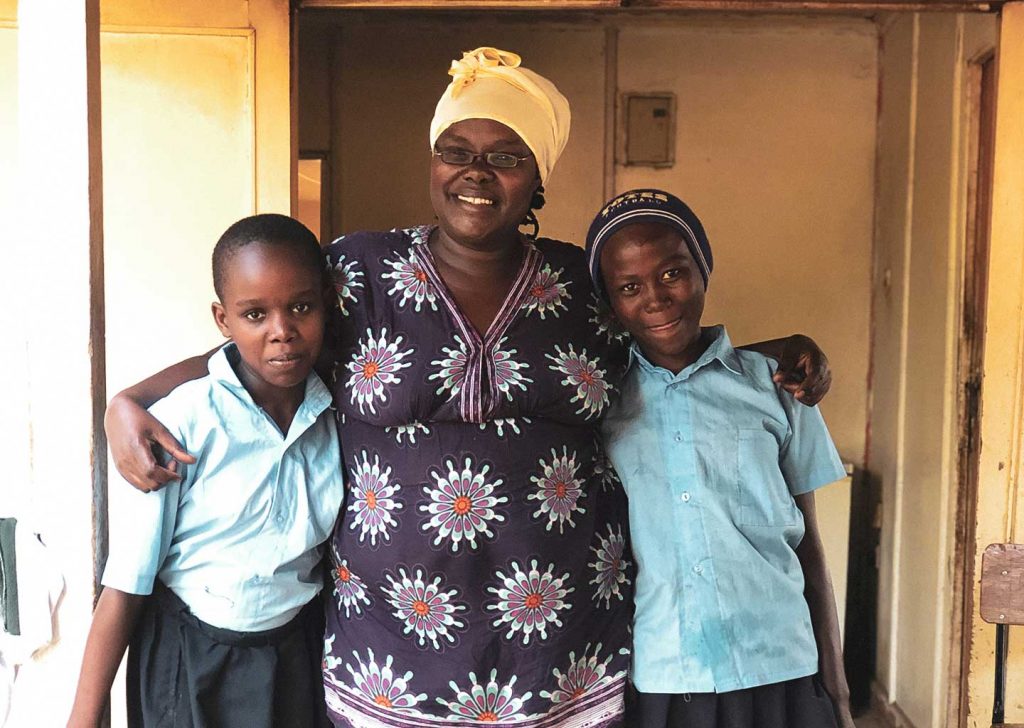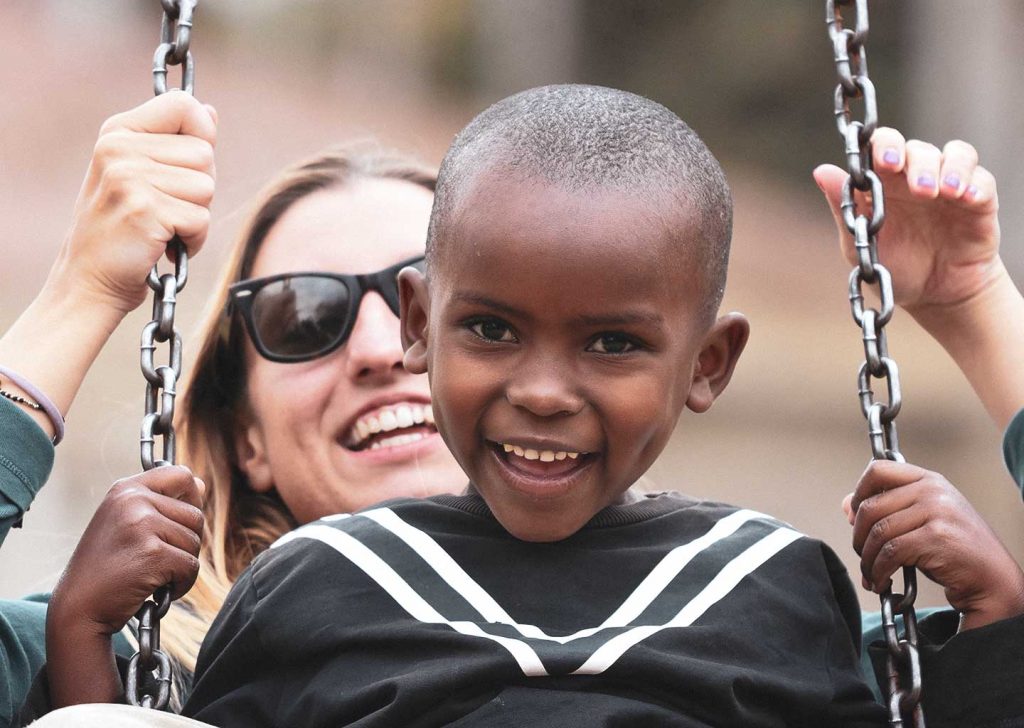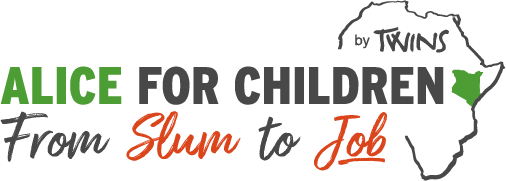Progetti
Alice Village
Our first orphanage in Kenya for the most vulnerable kids.

Alice Village orphanage in Kenya was born from Alice for Children’s intention to take care of the most vulnerable children in Nairobi. It is about a compound created and thought for hosting the most fragile kids, with severe family conditions and coming from the slums in Nairobi where we work.
Most children at Alice Village are orphans. Others have parents which are crushed by life in the slums. Many of them are not able to parent anymore, because of alcoholism, prostitution or drug issues.
We welcome them as if they were our own kids: within the walls of Alice Village, some of them take their first steps, others learn how to read, still others establish relationships of friendships and brotherhood and, within this little society in the middle of poverty, rescue becomes a moment of growth and happiness too. At least, a moment of serenity.
WHAT DO WE DO FOR OUR CHILDREN
Alice Village was not only born with the aim of saving all the children in situations of disadvantage, but with the desire to cure them, take care of them and raise them. To give them a second chance, growing up in a loving and caring environment.

Among the Kenyan orphanage’s children, many of them are sick: HIV and sickle cell disease are some of the most dangerous diseases we cure.
During the stay in Alice Village (validated by custody of the Juvenile Court of Nairobi), our social workers work so that there could be a reintegration in the family to grandparents, aunts and uncles, to allow the kids to found their own roots again. Today, we sponsor around thirty children who are with their relatives, following them in school and in their growth and needs.
Today, Alice Village hosts 100 children.
The age varies from 3 to 18: the idea is to keep them with us until they find a job and they can support themselves.
Inside Alice Village, life goes on peacefully, with food, clothes, school, and a lot of extracurricular activities aimed at giving space to their creativity: sports activities, music classes, dance and theatre.
Furthermore, they take courses concerning sexual education, prevention of sexually transmitted diseases, teaching of methods of contraception and menstrual hygiene. There is also a civic education course specially created for teaching rights and duties.

